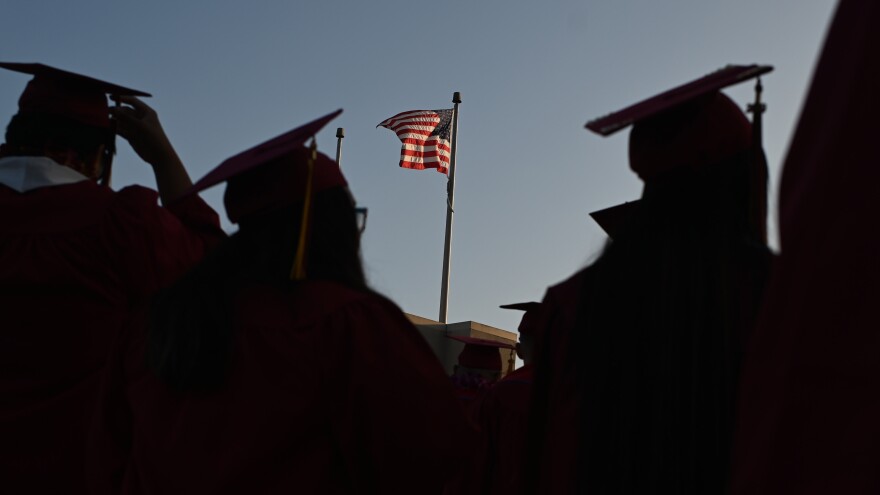A new report from the U.S. Government Accountability Office finds the U.S. Department of Education miscalculated the cost of the federal student loan program.
From 1997 to 2021, the Education Department estimated that payments from federal direct student loans would generate $114 billion for the government. But the GAO found that, as of 2021, the program has actually cost the government an estimated $197 billion.
A percentage of that shortfall, $102 billion, stems from the unprecedented federal student loan payment pause that began under the CARES Act in 2020. The pause has been extended several times under former President Trump and President Biden. The most recent extension runs through Aug. 31.
A bigger reason for the $311 billion difference, the report says, is that initial predictions did not account for the high percentage of borrowers who ended up enrolling in income-driven repayment (IDR) plans. About half of all direct loans are now paid through these plans, which are designed to help people who can't afford to make large monthly payments and which promise loan cancellation after 20-25 years. The GAO explains, "the monthly payment amount for borrowers in Income-Driven Repayment plans can change based on their economic situation." It's one of many reasons government costs around the program have been unpredictable.
IDR has also failed to live up to its promise to borrowers: A recent NPR investigation revealed that these plans have been badly mismanaged by loan servicers and the Department of Education. As a result, relatively few borrowers have actually succeeded in having their loans canceled through IDR.
Copyright 2022 NPR. To see more, visit https://www.npr.org.





